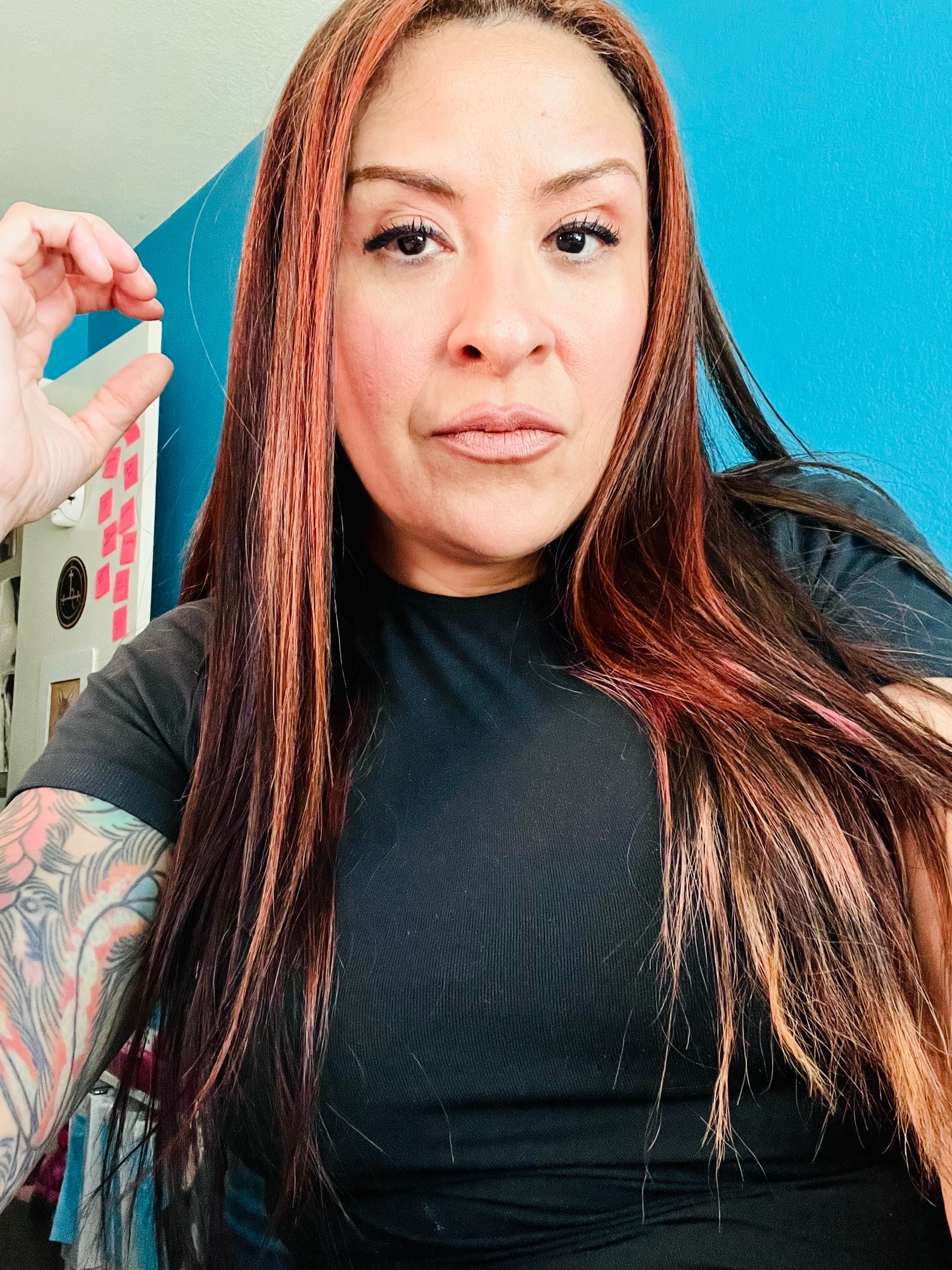Great-Great-Grandma Was a Cherokee Princess? Sure, Jan
- Chriselda Pacheco

- Sep 12, 2024
- 3 min read

You know the drill… a conversation’s rolling along, and suddenly someone drops the ol’ “Oh, I’m part Cherokee.” Like clockwork. It’s almost like there’s some kind of script out there. But why is it always Cherokee? Why not another tribe? Let’s dig into this American cliché, shall we?
Flashback to the 19th and 20th centuries—white America was deep in its Native American fantasy phase… you know, those old Westerns that made Native people out to be these mystical, noble savages. And the Cherokee? Well, they got typecast as the face of that romanticized nonsense—especially with their tragic history, like the Trail of Tears. So, of course, claiming Cherokee ancestry became the ultimate spiritual flex—a way to say, “Look at me, I’m connected to something ancient and sacred.” Genocide and cultural erasure? Oh, just minor inconveniences in the grand story of “finding yourself.”
And then there’s the infamous family legend—the one where your great-great-grandmother was a Cherokee princess. Spoiler alert: Cherokee didn’t have princesses. But these stories get passed down like they’re heirlooms... and every time they’re retold, they get a little more dramatic, a little more exotic. Why? Because claiming Cherokee ancestry sounds far more compelling than admitting your roots are as European as a loaf of white bread.
But let’s get real here—there’s a big dose of envy driving all this.
Think about it… Mexican Americans and other Latino groups? Way more Indigenous than most people whose ancestors were shipped over from Europe. We’ve got real, lived connections to Native ancestry. But you don’t see us spinning grand fairy tales about it. Our Indigenous bloodlines aren’t some quirky side note to throw out at parties—they’re part of who we are.
And this is where we get to the whole “stolen valor” thing—yep, I’ve written about this before. It’s the idea of claiming a legacy you didn’t earn—pretending you’ve walked a path you’ve never set foot on. For a lot of folks with European roots, this obsession with Cherokee bloodlines is a way to fill a void… to grab onto something that feels more meaningful, more spiritual, more connected than their own background.
So why is it always Cherokee? Simple—Cherokee is the name everyone recognizes. It’s the Native equivalent of name-dropping Louis Vuitton. People claim it because it’s easy… it’s familiar… and let’s be honest, it sounds better than trying to claim a more obscure tribe they probably can’t even pronounce.
But there’s something deeper here—something darker. A lot of these folks want the social credibility that comes with claiming Native ancestry, without any of the struggle or history. It’s seen as exotic, a quick way to look more in touch with nature, with the earth, with some spiritual depth. But instead of earning that connection, they’re just playing a part. We call this “playing Indian”—picking and choosing the bits of a culture that look cool, while ignoring the real, hard truths of that identity.
And look—this isn’t a new trend. Back in the early 1900s, it was actually fashionable for white folks to claim Native ancestry. It added a little spice to their otherwise bland identities… made them seem more “authentic,” more in tune with the land. But again, it wasn’t about recognizing the struggles of Native people—it was about adding some flavor to their personal story.
So, why do so many white people say they’re Cherokee?
It’s a messy mix of romanticizing, misunderstanding, and—let’s call it what it is—cultural appropriation. For some, it’s a family story that’s spiraled out of control. For others, it’s a desperate grab for something deeper, something more interesting, something that feels bigger than just being another face in the crowd. But here’s the real kicker—falsely claiming Native ancestry, especially Cherokee, isn’t just a harmless quirk… it’s damaging. It’s cultural erasure, and it’s another version of stolen valor, taking something sacred and cheapening it.
So next time someone casually drops their “Cherokee” lineage into conversation... maybe throw them a question or two—see if they can back it up. Or just give a knowing nod, because at the end of the day, we’ve got to move toward a space where people understand that claiming a culture—especially one that’s been marginalized and oppressed—isn’t a cool little side story. It’s a responsibility... one that comes with weight, history, and truth.... something completely oblivious to someone who wants all the glory without the grit.




Comments